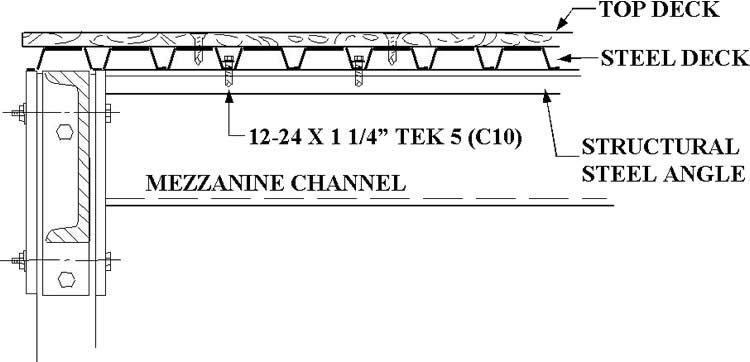Manufacturers express the thickness of metal panels as their gauge with 22 gauge being the thickest and 29 gauge the thinnest of traditionally sold metal roof and wall panels.
Steel roof decking thickness.
Kynar aluminum for metal roofing.
Roofs with very heavy loads may require 3 4 inch thickness.
Type b roof deck 22.
0 7 mm 0 8mm and 1 5 mm.
Manufacturers in the united states use gauge to express the thickness of metal roof panels.
Metal roofing thickness recommendations that include paint.
Minimum 0145 aluminum shingles.
Kynar galvalume steel for metal roofing and gutters.
Each gauge represents a nominal decimal range.
2 2 lb ft galvanized 2 1 lb ft painted type b roof deck 18.
22 gauge is the thickest while 29 gauge is the thinnest.
Exposed fastener corrugated steel roofing.
1 8 lb ft galvanized 1 7 lb ft painted type b roof deck 20.
Thickness of a steel roof deck can be determined at a roof hatch where the edge of the deck may be available for measurement with a micrometer.
0 027 or 0 032 for seamless gutters and any other thickness for custom gutters.
Never attach roof sheathing with staples.
Minimum 0185 steel tile.
26 gauge 24 gauge 20 gauge 18 gauge 16 gauge 14 gauge 1 8 and 1 4.
Minimum 024 steel standing seam.
It s important for you as a homeowner to know about the gauge thickness of a metal roof so you can select the best one for yourself.
014 018 exposed fastener corrugated aluminum roofing.
Minimum 032 steel shingles.
8d ring shank nails should be used instead.
The typical thickness range for sheathing is 3 8 to 3 4 inch.
Flexural strength can be assumed to be 33ksi unless a new single ply system is contemplated that requires a higher pull out strength.




























